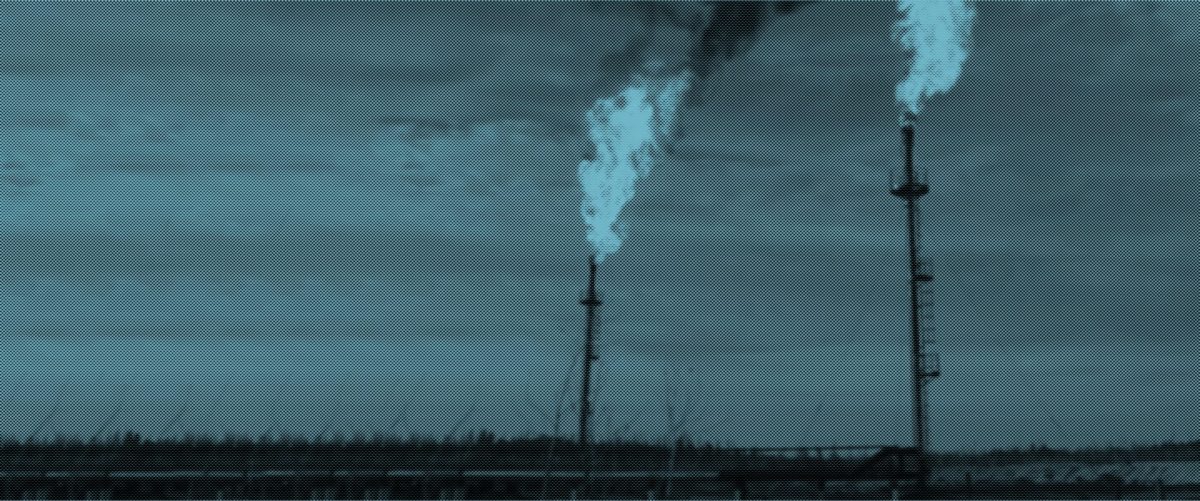Food & Water Watch Sues FERC Over Deficient Review of East 300 Pipeline Expansion
Published Aug 22, 2022

New compressors would allow for higher volumes of fracked gas, at greater pressure, to be pumped through aging system to Westchester County, NY
On Friday, Food & Water Watch filed a petition of appeal with the U.S. Circuit Court of Appeal for D.C. challenging the decision of the Federal Energy Regulatory Commission (FERC) to issue a “Certification of Public Convenience and Necessity” to Tennessee Gas Pipeline LLC (TGP) for its proposed East 300 Upgrade project. The project would consist of new and expanded fracked gas compressor stations in northeastern Pennsylvania and northern New Jersey meant to pump more gas from the Marcellus and Utica shales to ConEd’s local distribution network in Westchester County, New York.
In its petition of appeal, Food & Water Watch raised issues with the commission’s failure to consider whether the project is needed in light of New York’s Climate Leadership and Community Protection Act requirements for drastic emissions reductions by 2030, the failure to consider this project’s impact on increased fracking in Pennsylvania, and the commission’s refusal to consider foreseeable downstream air pollution impacts.
Tennessee Gas Pipelines’ East 300 Upgrade expansion project involves the construction of one new and two expanded gas compressor stations — one in Wantage Township, NJ that would more than triple the size of the existing facility there, one expanded station in Susquehanna County, PA, and one new facility in West Milford, NJ at the site of a former quarry less than 1200 feet from the Monksville Reservoir which connects to the water supply of 3.5 million NJ residents.
Compressor stations maintain or increase pressure in natural gas transmission lines, and operators regularly “blowdown” the stations, releasing methane gas into the local community when too much pressure builds. These new compressors would allow the company to pipe higher volumes of gas, fracked in Pennsylvania, at greater pressure through an aging pipeline system to Westchester County, NY – a county already in non-compliance with the Clean Air Act’s national ambient air quality standards for ozone (a byproduct of methane pollution).
Food & Water Watch Staff Attorney Adam Carlesco issued the following statement:
“In appealing approval of this project, we hope to put a stop to FERC’s practice of disregarding relevant state climate law, neglecting environmental review requirements, and failing to demonstrate that this project is required by the public interest. Despite recent losses in the U.S. Court of Appeals for the D.C. Circuit, the Commission has continued to ignore the long-term consequences of its permitting and has betrayed the principles of scrutinous oversight it sought to embody with its proposed certification policy.”
Contact: Seth Gladstone – [email protected]


